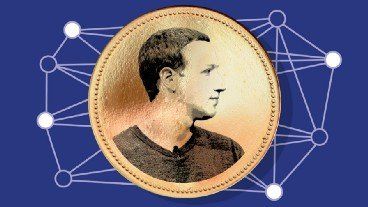1,016 reads
Libra Coin: The Good, The Bad and The Unknown
by
August 5th, 2020
Audio Presented by
Dad, truth seeker, sociologist, partner in a fund, smart securities & blockchain enthusiast
About Author
Dad, truth seeker, sociologist, partner in a fund, smart securities & blockchain enthusiast
